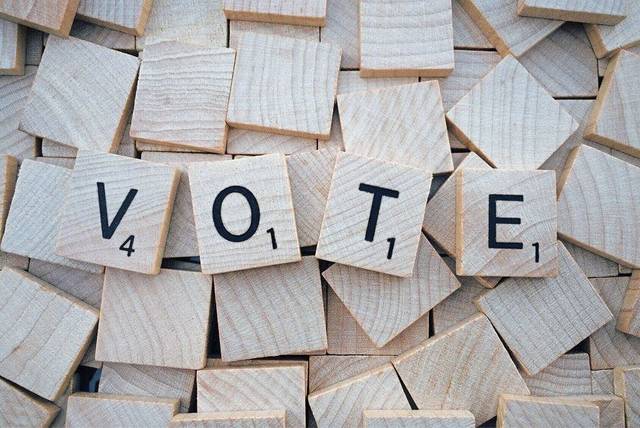Elections, particularly for such high-profile offices as president, governor, and United States senator and congressman, are usually an interesting combination of highly contested and yet innocuous affairs. Candidates try to sharply draw differences between themselves and try to “activate” their respective bases, motivating them for the necessary turnout.
Yet when the election is over, life goes on, and we don’t often discern any difference in our daily lives. There’s nothing wrong with that. It is a sign of a healthy society; namely that we can absorb the changes in officeholders and the new policies the winners seek and introduce.
Yet every once in a while, an election occurs that can change society in profound and unalterable ways. In my opinion, we have had three such elections: the elections of 1800, 1860 and 1932.
The election of 1800, and its aftermath, was a test of whether we could peacefully transition power from one party to another. It is something we take for granted now. In 1800, it was not taken for granted that a group could be voted out of power and that that group would peacefully abide by the result. We were the first democracy to turn that trick, so to speak.
The election of 1860 and its aftermath tested whether we would adhere to the ideals of the Declaration of Independence and whether we could still peacefully transition power. Because the side that lost the election answered both questions in the negative, Civil War was the result. At stake was nothing less than what Abraham Lincoln recognized, namely the very premise of this nation: that all people were created equal and whether government of the people, by the people, for the people, would perish from this Earth, to be replaced by government of the few, for the few and at the expense of the many.
The election of 1932 and its aftermath changed our society by bringing into the political discussion the idea that we, as a society, can use government to help ameliorate some of the problems inherent in a modern and large society. We’ve been debating and discussing since then which issues should be addressed by government, and how government should address them, but the idea that government can express the majority will and address certain issues is seemingly accepted.
The election of 2020 in all respects is shaping up to be as consequential as the elections of 1800 and 1860. At issue is “Who are we as Americans?”
The answer to that question lies in how we address these three issues: Do we still as a society believe in government of the people, by the people, for the people? Do we still as a society believe in our national creed, that all people are created equal? Will we fall prey to what some leaders, such as President Recep Tayyip Erdogan in Turkey and Prime Minister Viktor Orban in Hungary, euphemistically call “illiberal democracy,” which in fact is nothing more than elected dictatorship?
In answering those questions, our votes are more than the echoes of our voices. Our whole system is based on the idea that our votes are indeed our voices and reflect our choices.
In government of the people, by the people, for the people, it can be no other way.








